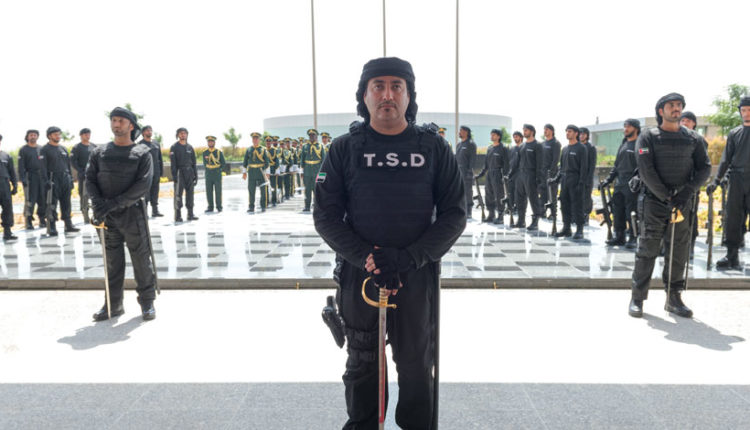The State Security Apparatus (SSA) was set up by Federal Decree on June 10 1974 with the purpose to “protect the State security”. However, the reality is that it has been used as a tool of repression against dissenting voices, especially since the Arab Spring in 2011.
Initially, the SSA was set up under the jurisdiction of the Ministry of Interior, but two years later the SSA Law was amended so that the Apparatus reported directly to the head of state and required permission from the Public Prosecution to execute arrests. Within this amendment, its responsibilities were also expanded and its role of protecting the members of the state from espionage and assassinations was consolidated. In 2003 a new SSA Law was passed, and further amended in 2011, which completely transformed the authority and role of the Apparatus. The main difference is that the SSA could operate without judicial permission, which has often led to unlawful arrests that do not conform to international law.
It is important to note that the 2003 SSA Law and its 2011 amendments were never published by the UAE government. This is in breach of Article 111 of the country’s constitution, which requires all laws to be published in the country’s Official Gazette within two weeks from the issuing date. The UAE government lied to the Special Rapporteur on the independence of judges and lawyers in 2015, stating that these laws were available in the Official Gazette. The Emirates Detainees Advocacy Center, a human rights organization, was able to obtain a copy of the 2003 Law and has posted it online, making it the only known public copy. The 2011 amendments have not yet been made available to the public. This highlights an issue of the lack of transparency as the public does not know which laws govern how the SSA can function. Secrecy and lies are at the very center of this repressive tool.
The UN Committee against Torture has expressed concern over the vague terminology of the 2003 Law, claiming that the lack of transparency is very concerning. According to Article 14 of the law, any person or organization can be investigated under suspicion of being a threat to the state. Coupled with the fact that Article 13 permits the SSA to expand its jurisdiction outside the UAE, human rights defenders globally are at risk of being wrongfully persecuted. Furthermore, Article 19 allows for the SSA to access any information, even if it is personal, without needing to justify it. This means that they can use personal data to track and unlawfully detain innocent people.
SSA also has the power to investigate terrorism cases according to the Counter-Terrorism Law. In 2013, the Apparatus was involved in arresting and torturing dozens of people who signed the petition asking for democratic reforms. This was part of the case that was notoriously dubbed “UAE94” because the state tried 94 of the detained people in the biggest trial in the country’s history. UN experts have called out the UAE for breaching international human rights standards with its state security and counter-terrorism laws. Despite this, the SSA continues to abuse its power and arrest innocent dissidents.
It is evident that the SSA’s reach exceeds its original mandate, and that it is not aligned with international standards. In addition to its powers of investigating and arresting people, they are also able to arbitrarily issue travel bans, revoke nationality and driving licenses, as well as dismiss people from their jobs. It is unclear why the SSA has the power to do this, especially given that they do not need to provide any detailed reasons why they have issued those penalties. Furthermore, there have been reports that judges with no criminal charges have needed approval from the SSA to be appointed. The repercussion of this is that the SSA, which is meant to be monitored by the Public Prosecution, is interfering in judicial affairs and disregarding due process. This leads to problems of lack of transparency and impartiality.
The impunity of SSA’s violations must be addressed imminently. The lack of judicial oversight means that the Apparatus can continue to violate people’s human rights by unlawfully detaining them and charging them as terrorists.
ADHRB calls for the reassessment of the State Security Apparatus and the Counter-Terrorist laws so they conform to international human rights standards. Furthermore, the UAE must publish the 2011 amendments to ensure that everyone is aware of how the SSA is intended to operate. If these amendments are in breach of international law, then they must be further revised to ensure that they do not violate any rights.





